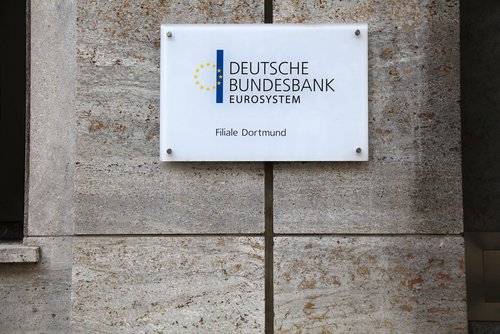Brussels (Brussels Morning) The German Federal Bank revised its 2022 economic growth forecast downwards today from 5.2% to 4.2%, citing global supply chain disruptions.
Bundesbank head Jens Weidmann pointed out that “recovery has been somewhat pushed back” and noted that the bank expects GDP growth this year to stand at 2.5%, down from the 3.7% that was predicted in June, DW reports.
While the bank lowered its predictions for 2021 and 2022, it remains optimistic about 2023, expecting that many gains anticipated for next year will be pushed back by a year. It predicted that GDP growth in 2023 will stand at 3.2%, up from the previous prediction of 1.7%.
The Bundesbank expects GDP growth to slow down to 0.9% in 2024.
Most countries are expecting faster than usual economic growth this year because of comparisons with 2020, when economies were negatively impacted by the imposition of coronavirus pandemic-related restrictions.
Consumption to drive growth
Compared to other research institutes, the Bundesbank is more optimistic about the performance of the German economy next year. It expects economic growth in 2022 to be driven by positive trends in consumer spending. Weidmann predicts that “consumers will spend more of their available income for a while than they did before the pandemic.”
The Bundesbank believes global supply chain disruptions brought about by the restrictions should be resolved by the end of next year, which should increase exports temporarily.
The German central bank expects inflation should stand at roughly 3.6% by the end of the year, measured with the European Central Bank’s (ECB) preferred harmonised consumer price index.
The bank cites rising energy costs and the resulting increase in the costs of raw materials as the principal cause of growing inflation. It predicts that businesses will pass on cost increases to consumers.
The Bundesbank expects inflation to drop in 2023 and to stand at approximately 2.2% until 2025, noting that this is still relatively high and above the ECB target of 2%.On Thursday, governors of the central banks of Austria, Belgium and Germany disagreed with ECB’s outlook and policy, warning that inflation could stand above 1.8% in 2023 and 2024.




